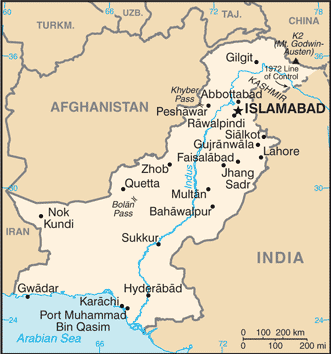Drug policy
- Pakistan has a joint policy for alcohol, drug abuse and mental health
- The Pakistan government supports treatment and rehabilitation for people with SUD
- Pakistan has specialist drug courts to monitor the narcotics situation in Pakistan
Treatment and Recovery Services
- In order to ensure evidence based treatment is being provided at rehabilitation centres donor-funded “train-the-trainer” educate professionals dealing with addicts about best practice.
- There are inpatient and outpatient medical detoxification services for drug abuse.
- Pharmacotherapy is available for alcohol withdrawal and opioid dependency
- There is limited institutional capacity to serve women
In Pakistan, majority of existing treatment and rehabilitation facilities provide detoxification services only, particularly in the public sector run health facilities, and no rehabilitation programmes exist.
The following rehabilitation services are available in some rehabilitation centers:
-
Primary Rehabilitation
The primary rehabilitation phase lasts for 8 weeks and focuses on drug education/ awareness, behavioral change and life skills development through 1) Therapeutic sessions 2) Individual/ group counseling 3) Lecturers/ groups 4) Vocational rehabilitation 5) Therapeutic duties 6) Family program etc.
-
Secondary Rehabilitation/Vocational Skills Training
In the secondary rehabilitation phase, which lasts up to 6 months, more emphasis is made on vocational skills training and social reintegration of clients. During this period, religious teachers arrange religious therapy for the clients.
Prevention Services
Mass media programmes are implemented to prevent SUD in Pakistan
- Both community and school based programmes are provided to help raise awareness and provide support
- In terms of harm reduction Pakistan provides needle exchange programmes
- There are restrictions for on-/off-premise sales of alcoholic and on alcohol sales and advertisement
- NGOs are involved in drug prevention through delivering awareness campaigns particularly targeting youths, teachers and vulnerable members of the community.
- Eradication of poppy cultivation.
- Alternative options to poppy cultivation offered to farmers.

